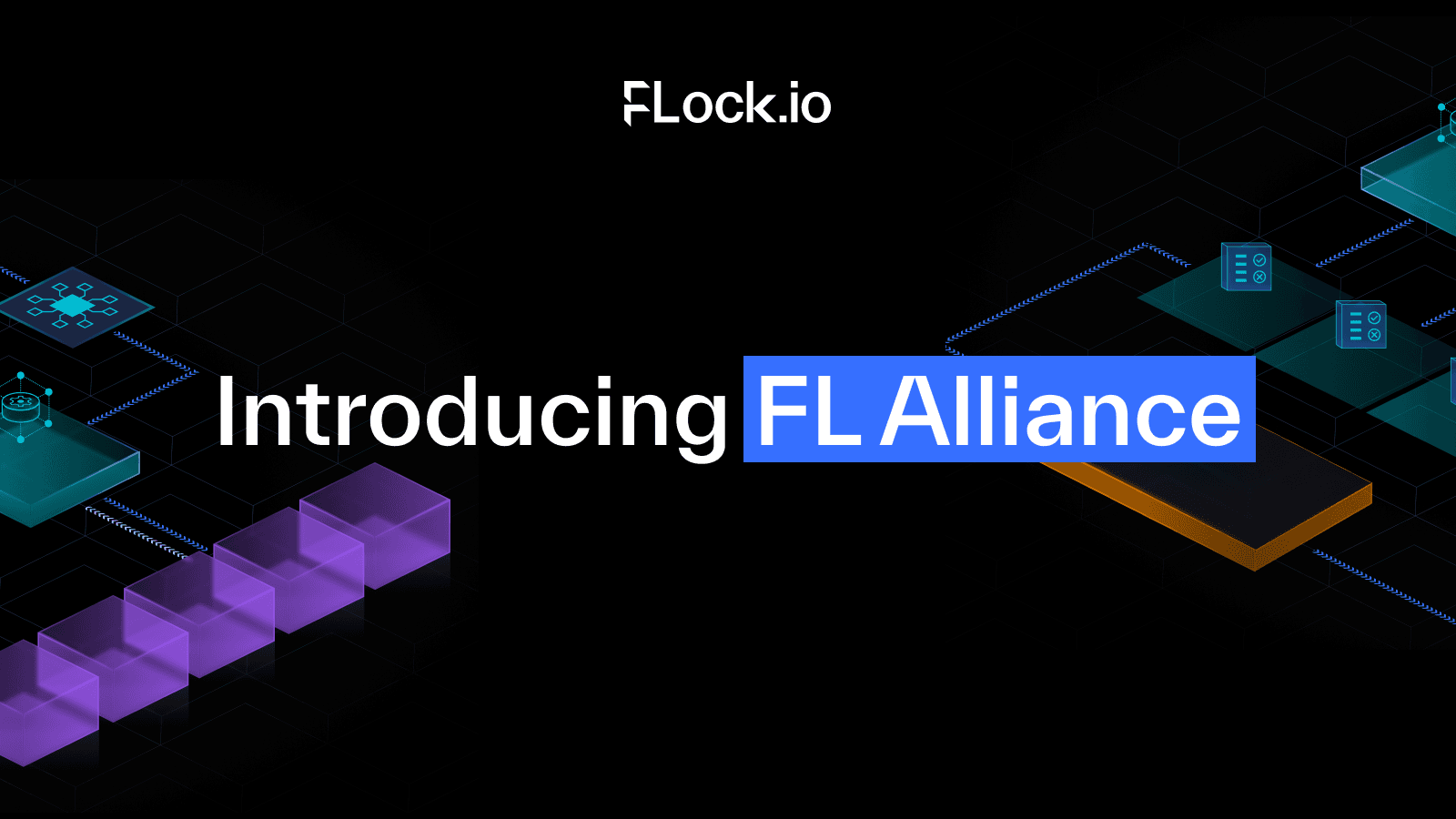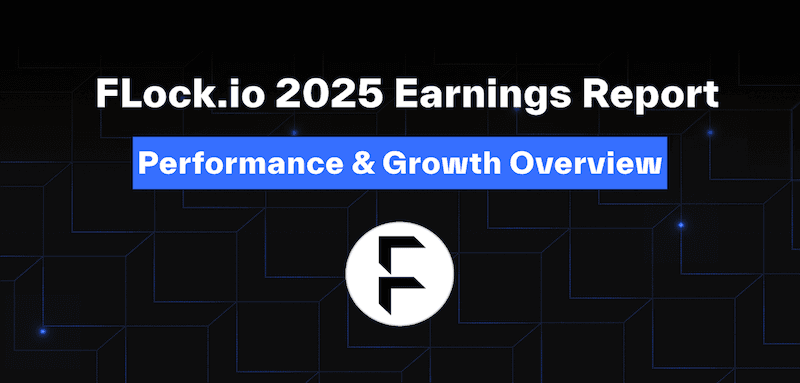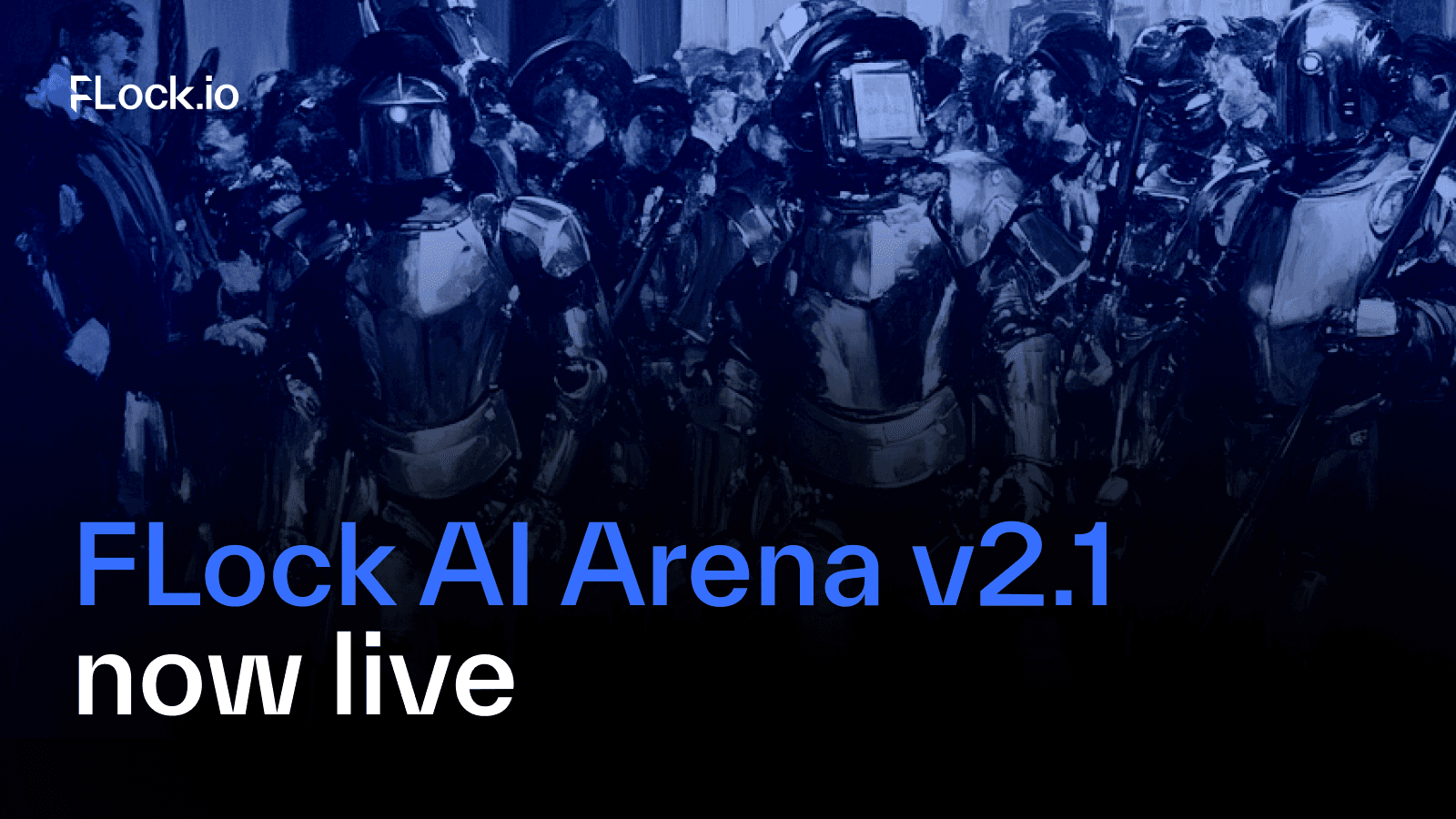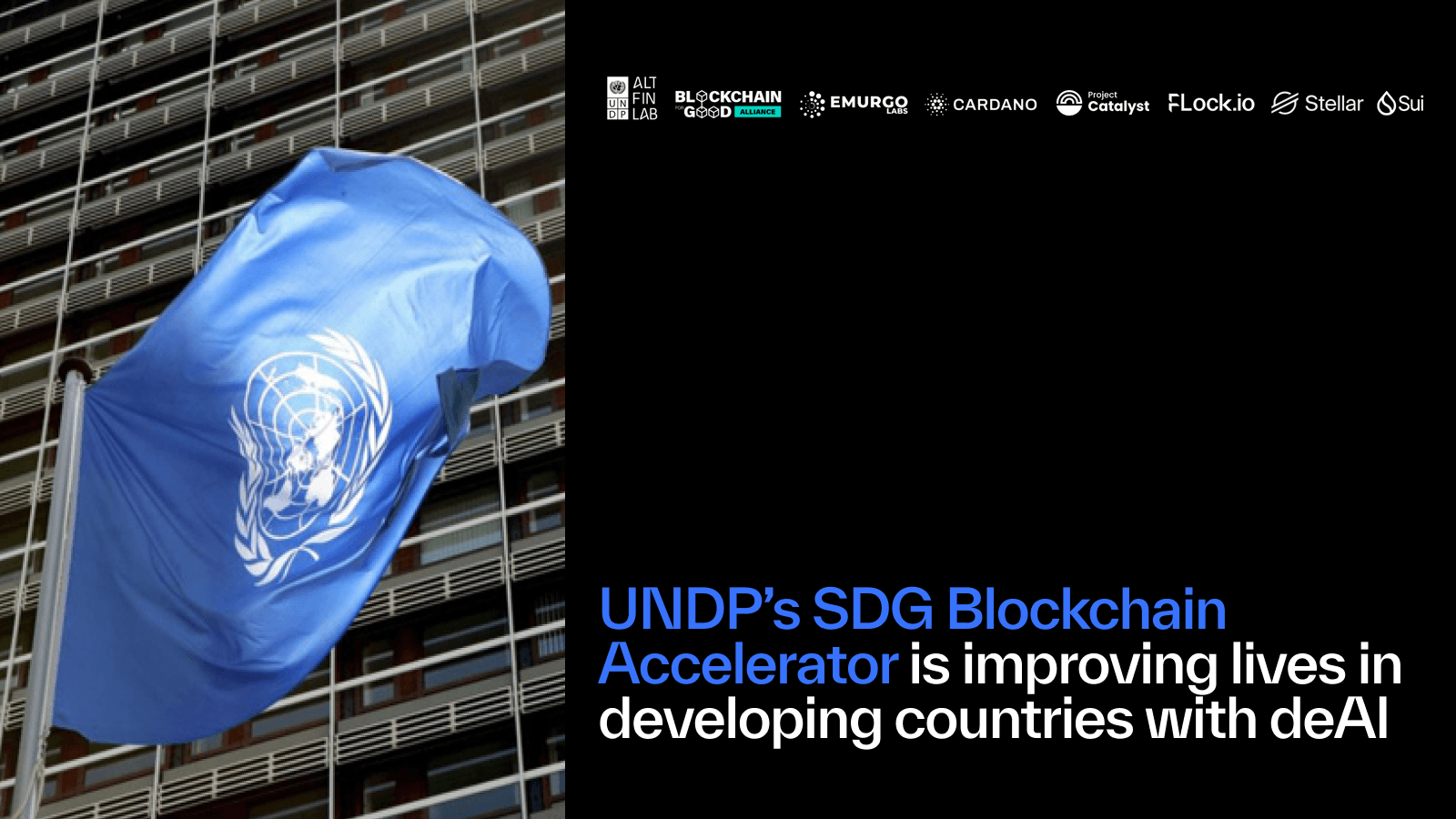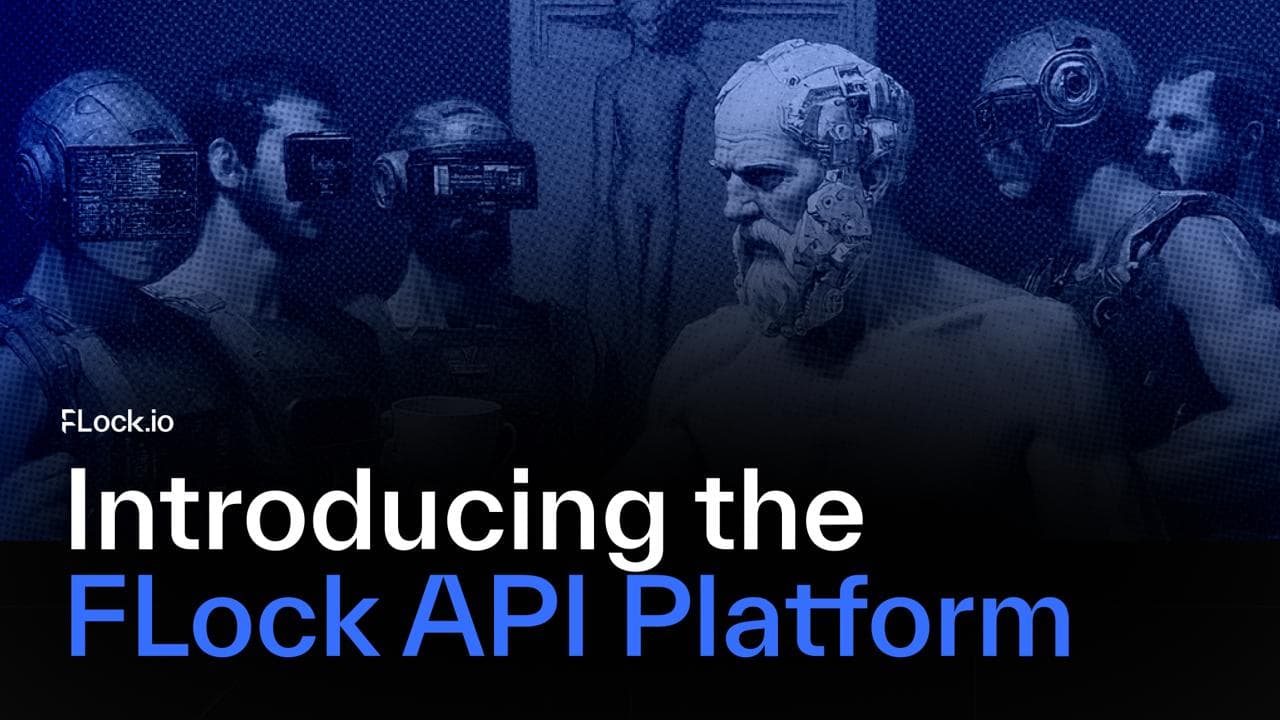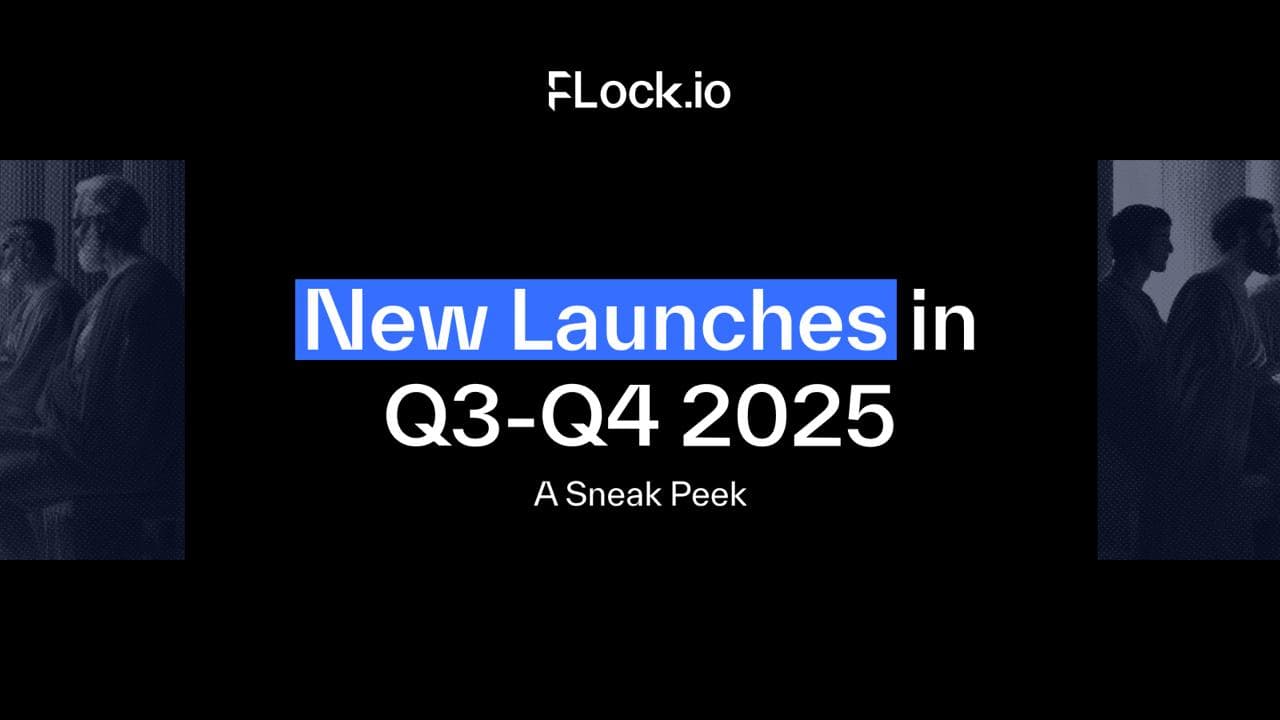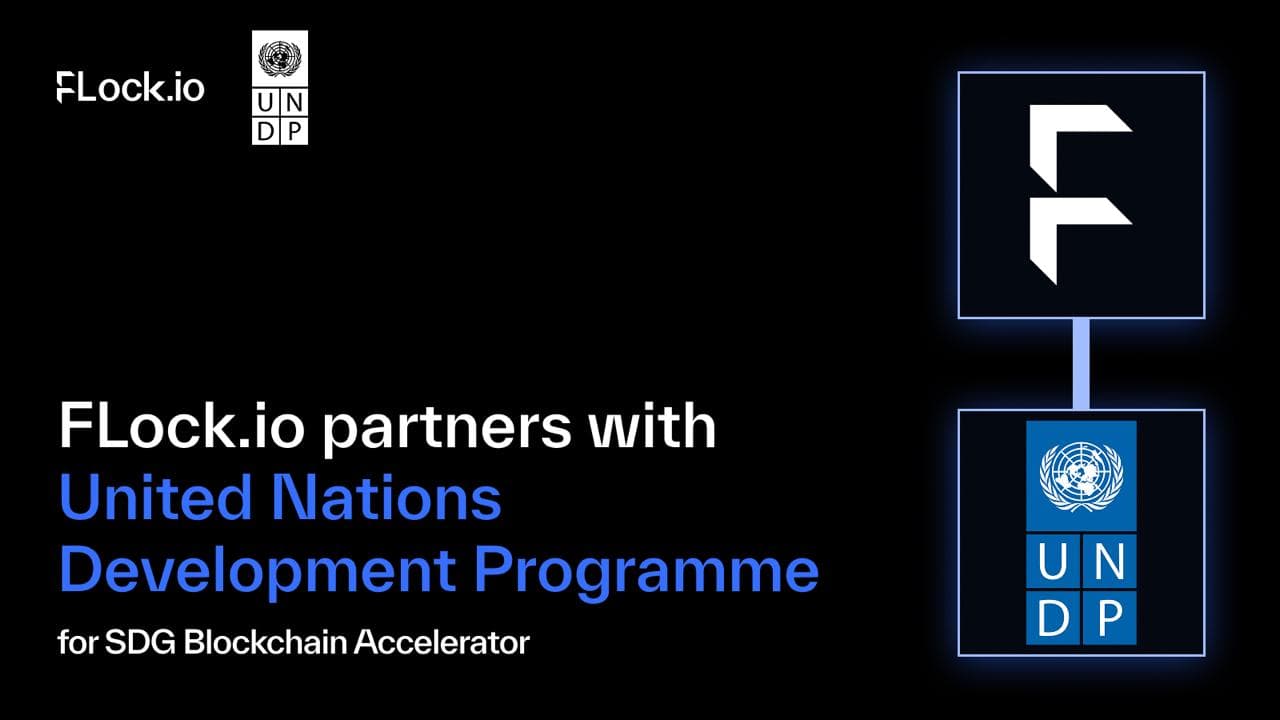TL;DR: FL Alliance is here - join us at a new era of secure and private collaborative machine learning through the combination of Federated Learning and Blockchain.
What the FLock? What’s FL?
Ever wonder where the name “FLock” comes from? It’s the portmanteau of Federated Learning (FL) and Blockchain. Needless to say, since day 1, we have been living and breathing FL.
But what exactly is FL?
A helpful heuristic we like to use is: traditional ML brings the data to the model; FL brings the model to the data.
To put simply, FL is a distributed machine learning approach that enables multiple parties to collaboratively train a shared model without exchanging their raw data. Instead of centralizing data on a single server, each participant—be it a mobile device, organization, or edge server—trains the model locally using their own data. They then share only the model updates (like gradients or weights) with a central server or among each other. This method preserves data privacy and security since sensitive information never leaves its original location.
In the healthcare industry, for example, federated learning plays a crucial role by enabling hospitals to improve their diagnostic tools without sharing sensitive patient data. By training AI models collaboratively across multiple hospitals on locally stored medical images and records, the combined model gains accuracy and robustness, driving advancements in patient care while maintaining stringent privacy standards.
When we merge FL with blockchain, this powerful combination enables multiple parties to collaboratively train machine learning models without sharing raw data, all while ensuring trust and integrity through blockchain's immutable ledger. With FLock, we're not just advancing technology; we're fostering a new era of secure and private collaborative learning.
What is even more exciting is that this is no longer just a proof of concept. Today, we are putting this concept into production via our new product FL Alliance, through which you are able to join in the federated training and earn $FLOCK, our native token, as rewards.
How does FL Alliance work?
Figure 1: Overview of FL Alliance
FL Alliance can serve as a natural continuation of AI Arena, our decentralized AI training platform. After AI Arena has optimised the model parameters, they are further refined in FL Alliance with proprietary data. Additionally, FL Alliance can function independently as a collaborative training platform, allowing participants to define their own tasks. Following our research paper published at IEEE Transactions on Artificial Intelligence (read the paper here), we provide a robust incentive mechanism to incentivize honest behaviours and penalize malicious behaviours of FL participants, with the goal to create a decentralized and secure environment for federated learning.
Anyone will be able to run the FL client permissionlessly from the command line and stake FLOCK to join as a participant*. When the minimum number of participants required for that task is met, the training will kick start. There will be a couple of rounds in each given task, and at the beginning of each round, participants are randomly assigned roles as either a proposer or a voter (note that this random allocation of roles is done on-chain which means you can verify it anytime).
In FL Alliance, proposers are responsible for performing local training using their own data and proposing updates to the global model, while voters are responsible for aggregating local model updates, evaluating the global model, and casting votes to either support or oppose the proposed updates. In other words, you can imagine the proposers as the “miners” doing the actual work (i.e. model training), while voters are the validators validating the quality of the miners’ work.
After voters calculate their individual scores, they submit them on-chain for aggregation. The newly aggregated score is then matched against the previous round's score to gauge whether the model's performance is improving or declining. Based on this comparison, the smart contract takes charge of determining the next steps for the aggregated model. If there's an uptick in the performance score, the system moves on to the next phase of training with the updated model. If not, another round of training will start with the validated model from the previous round. This iterative process ensures that the model continually evolves and improves.
*At launch FL Alliance is in closed beta.
Figure2: Round-based training process. In the initial state (indexed as ①), both honest (black) and malicious (red) clients exist in an FL system. In the final state (indexed as ⑥), all malicious clients are expected to be removed from the system. To reach the final state from the initial state, multiple rounds of training are required. Here are two possible scenarios, the proposed aggregation is either approved (the upper branch) or denied (the lower branch) by the voters. In each round (within the dotted blue line), a subset of clients are randomly selected as proposers, and another subset of clients are randomly selected as voters. The proposers and voters interact with the blockchain following the order of orange arrows (from ② to ⑤)
At each round of the FL Alliance task, the aggregated voting result doesn't just gauge model performance—it also dictates how rewards are distributed among participants. Specifically, FLock adopts a distributed voting and a reward-and-slash mechanism to construct secure FL Alliance systems.
Here's how it works for proposers: if the aggregated vote is non-negative, all proposers get rewarded, with the amount depending on their individual stake. But if the aggregated vote turns negative, the staked tokens of all proposers for that round are slashed.
For voters, rewards will be given to those voting in accordance with the consensus, meaning they are expected to align with the majority decision: if the aggregate vote is non-negative, those who cast a non-negative score are rewarded, again based on their stake amounts. Voters who gave a negative score will have their stakes slashed. Conversely, if the aggregate vote is negative, the voters who submitted negative scores receive the rewards, while those who voted non-negative face slashing. This system encourages consistent participation and honest evaluations, aligning everyone's incentives toward improving the model collaboratively.
Why is FL Alliance important?
In today's rapidly evolving AI landscape, the importance of FL cannot be overstated. Traditional machine learning models have largely exhausted publicly available datasets, reaching a plateau in performance improvements. To push the boundaries further, there's a pressing need to incorporate local and proprietary data, which holds rich, untapped potential for training more accurate and robust models.
However, leveraging this valuable data introduces two significant concerns. Privacy is paramount—not just as an ethical imperative but also as a legal requirement. In sensitive industries like finance and healthcare, strict regulations govern data usage to protect individuals' confidential information. Organizations are compelled to comply with laws such as GDPR and HIPAA, making them cautious about participating in data-sharing initiatives.
The second concern revolves around motivation. Why should individuals or organizations contribute their proprietary data to a collective effort? Without proper incentives, many would opt out, hindering the model's ability to improve through diverse data inputs. Monetary compensation becomes essential here, providing a tangible reason for participants to engage and share their data securely.
This is where combining blockchain with federated learning offers a compelling solution. FL Alliance introduces a game-theoretically sound mechanism that enables participants to contribute to federated learning without relying on a centralized entity. The blockchain framework ensures transparency and security, effectively defending against malicious actors and fostering trust among participants. By aligning incentives with contributions, it motivates data owners to partake in the collaborative process.
At FLock, we believe that decentralization is the future of AI. We envision an AI ecosystem that is ultimately aligned with humanity's best interests, promoting collaboration without compromising individual rights and privacy. FL Alliance brings us a step closer to that ultimate goal, bridging the gap between advanced machine learning and ethical, incentivized participation. By empowering a decentralized network of contributors, we're not just advancing technology—we're fostering a movement towards a more inclusive and responsible AI revolution.
How to join FL Alliance?
Early registration for FLock’s FL Alliance Private Beta is now open! Fill in this form and join force for a fully decentralized AI future!
How to learn more about FL Alliance?
At FLock, we pride ourselves as a research-driven organization, as most of our features in production originate from peer-reviewed academic work. FL Alliance is no exception. See here and here to read our published papers. For a gentler introduction, please see our docs here. Also, we have recently published our whitepaper, which gives an excellent deep-dive into FLock’s overall system design and technical components. In upcoming blogs, we will explain how you can participate in FL Alliance, as well as the tokenomics behind it. Stay tuned!
